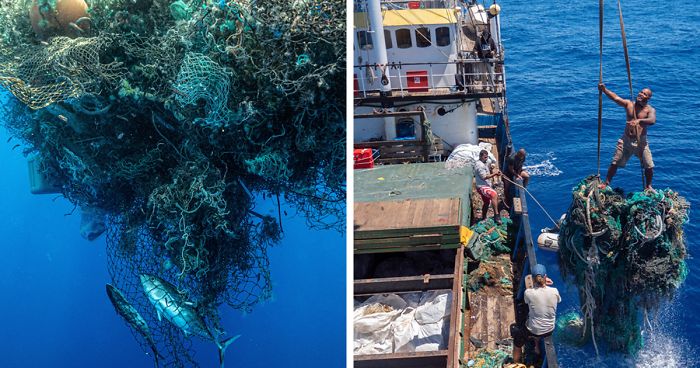
Hawaiian Crew Goes On A 48-Day Expedition And Sets Record For Largest Haul Of Plastic Removed From The Great Pacific Garbage Patch
Plastic became globally mass-produced 65 years ago and since then, the amount of plastic we use has skyrocketed. So has plastic pollution. In 2015, 387 million tons of plastic were produced compared to 2 million manufactured in 1950. The staggering overconsumption of this material has a devastating effect on the environment with our oceans suffering the worst by far. It has been estimated that 8 million pieces of plastic pollution find their way into the ocean every day, which adds up to the 5.25 trillion pieces that are currently there.
More info: oceanvoyagesinstitute.org
Recently, the Ocean Voyages Institute’s vessel came back after a 48-day expedition, successfully removing 103 tons (206,000 lbs.) of trash from the Pacific ocean
Image credits: Ocean Voyages Institute
Plastic waste results in the death of 100 million marine animals annually and it’s estimated that by 2050, it will greatly outnumber the fish in the ocean.
Image credits: Ocean Voyages Institute
Without a doubt, we are losing our oceans, which are responsible for producing half of the world’s oxygen, to our excessive plastic consumption. Luckily, there are people who are trying to put a stop to this by cleaning the mess we all have caused, literally.
The crew has set a new record with the largest at sea clean-up in the Gyre to date
Image credits: Ocean Voyages Institute
On June 23, the Ocean Voyages Institute’s marine plastic recovery vessel came back from a heroic voyage. After a 48-day expedition, 103 tons (206,000 lbs) of fishing nets and consumer plastics were removed from the Great Pacific garbage patch, also known as the Gyre and Pacific trash vortex.
Image credits: Ocean Voyages Institute
To date, it’s the largest at-sea clean-up in the Great Pacific garbage patch.
Image credits: Ocean Voyages Institute
Image credits: Ocean Voyages Institute
“I am so proud of our hard-working crew. We exceeded our goal of capturing 100 tons of toxic consumer plastics and derelict ‘ghost’ nets, and in these challenging times, we are continuing to help restore the health of our ocean, which influences our own health and the health of the planet,” said Mary Crowley, founder and executive director of Ocean Voyages Institute.
Image credits: Ocean Voyages Institute
Image credits: Ocean Voyages Institute
Thanks to Crowley’s effective methods to remove massive amounts of plastics from the ocean, the successful mission has removed 48 tons (96,000 lbs) during two ocean clean-ups in 2019.
Image credits: Ocean Voyages Institute
Image credits: Ocean Voyages Institute
However, even after setting a new record for plastic clean-up this year, the Pacific Gyre, which is located halfway between Hawaii and California, still remains the largest area with the most plastic.
Image credits: Ocean Voyages Institute
Image credits: Ocean Voyages Institute
The huge amount of trash that has been recently collected by the Ocean Voyages Institute is currently being prepared for upcycling and proper disposal.
Image credits: Ocean Voyages Institute
Image credits: Ocean Voyages Institute
“In keeping with our commitment to environmental stewardship, Matson has been searching for a way to get involved in cleaning up the Pacific Gyre. We’ve been impressed with the groundbreaking efforts of Ocean Voyages Institute and the progress they’ve made with such a small organization, and we hope our support will help them continue this important work,” said Matt Cox, chairman and CEO.
Image credits: Ocean Voyages Institute
47Kviews
Share on FacebookWe are not 'losing' our oceans, we are killing them. This is not an accident or fatality that we are witnessing, powerless. It is a murder we are all complicit by refusing to change of consumption habits.
I believe that the majority DO want to change their consumption habit - but don't have enough choices, or solutions. eg if all the milk is only available in plastic bottles, a buyer has no choice but to buy milk in a plastic bottle. If there is no recycling availble in your area, it's impossible to recycle that plastic bottle. I believe that the sooner there are more environmentally-sound options available, the sooner people will willingly take those options. Sadly, I think that cleanup / recycling will soon be the next big-business, but only when it's so bad that those services can be over-charged by big business. :(
Load More Replies...This is awesome! I just checked out their website. It tells how you can help financially or by volunteering. I plan on helping in any way I can. I hope others do as well.
Beautifully said. I'll follow your example and check how I can help
Load More Replies...So many nets! Are they all trash in them selves, or are they use for trawling the plastics?
Around 50% of all plastic pollution in the ocean is created by industrial fishing (lost nets and other gear).
Load More Replies...We are not 'losing' our oceans, we are killing them. This is not an accident or fatality that we are witnessing, powerless. It is a murder we are all complicit by refusing to change of consumption habits.
I believe that the majority DO want to change their consumption habit - but don't have enough choices, or solutions. eg if all the milk is only available in plastic bottles, a buyer has no choice but to buy milk in a plastic bottle. If there is no recycling availble in your area, it's impossible to recycle that plastic bottle. I believe that the sooner there are more environmentally-sound options available, the sooner people will willingly take those options. Sadly, I think that cleanup / recycling will soon be the next big-business, but only when it's so bad that those services can be over-charged by big business. :(
Load More Replies...This is awesome! I just checked out their website. It tells how you can help financially or by volunteering. I plan on helping in any way I can. I hope others do as well.
Beautifully said. I'll follow your example and check how I can help
Load More Replies...So many nets! Are they all trash in them selves, or are they use for trawling the plastics?
Around 50% of all plastic pollution in the ocean is created by industrial fishing (lost nets and other gear).
Load More Replies...
 Dark Mode
Dark Mode 

 No fees, cancel anytime
No fees, cancel anytime 






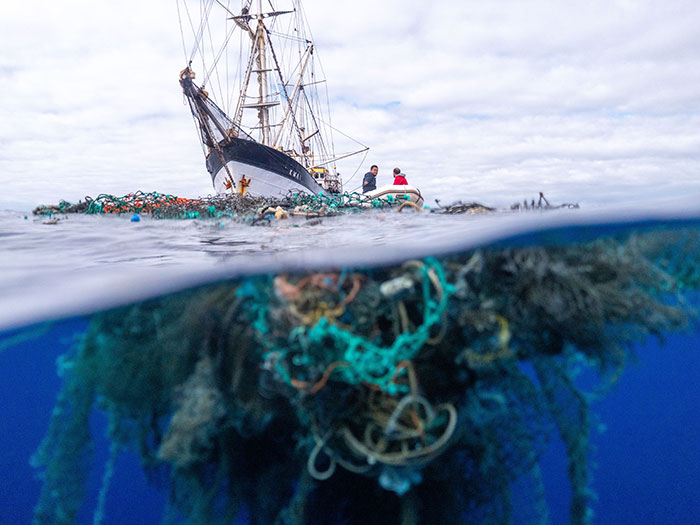
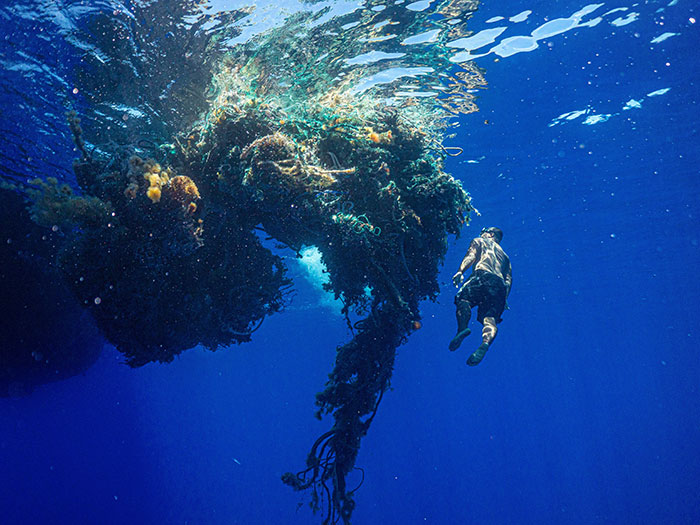
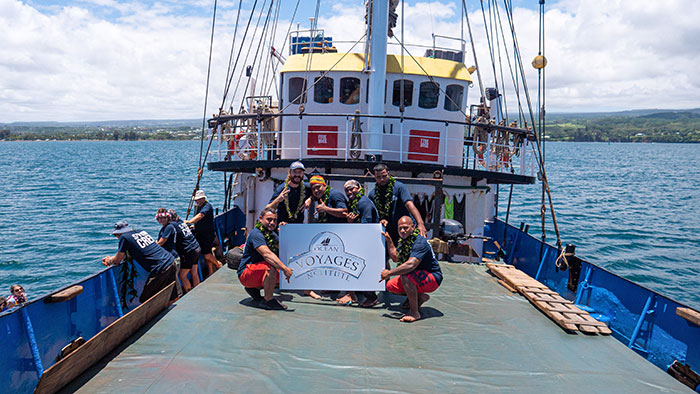
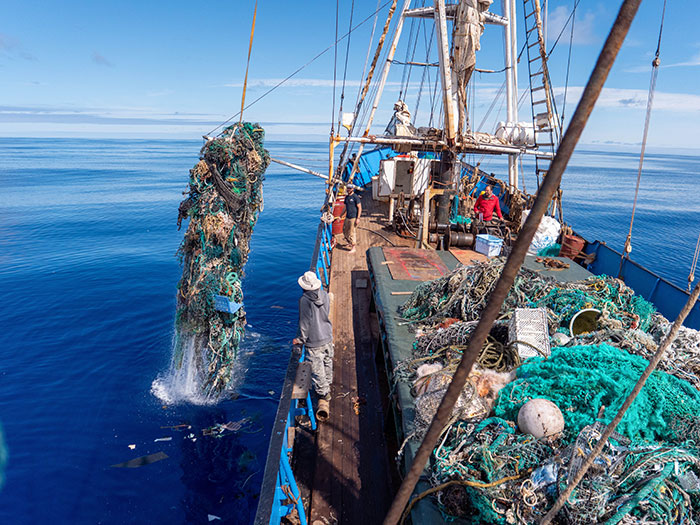
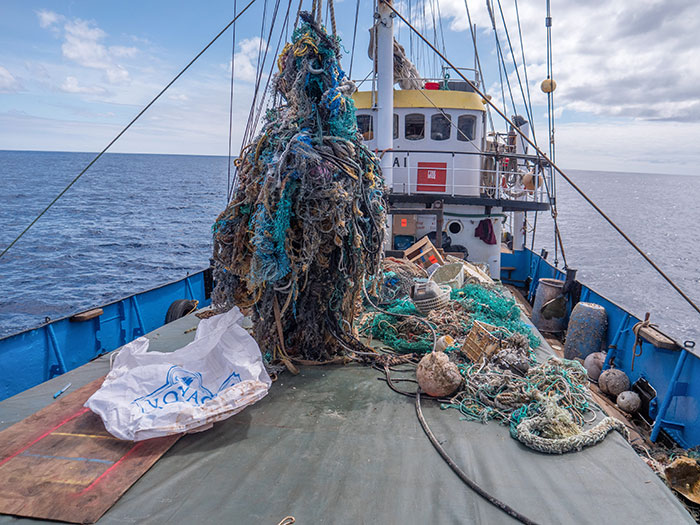
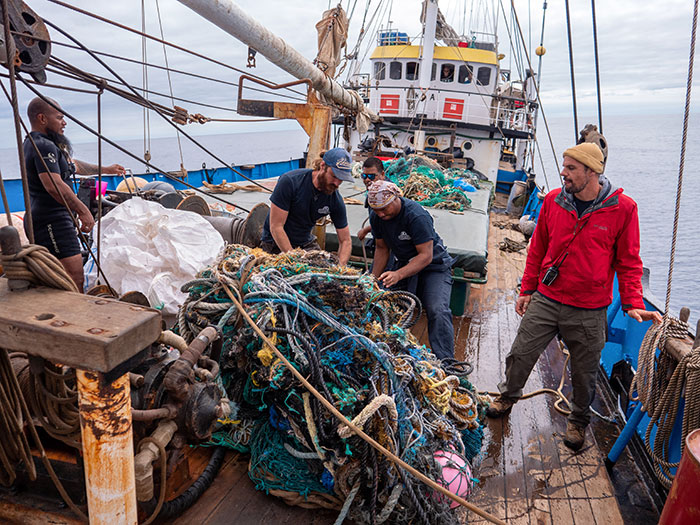
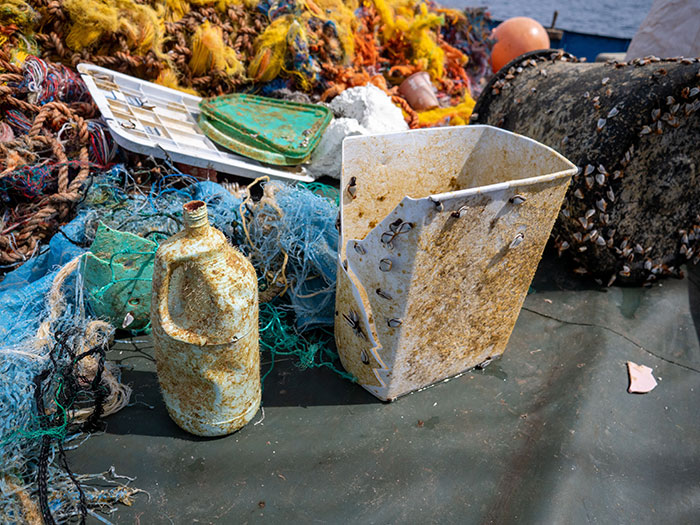
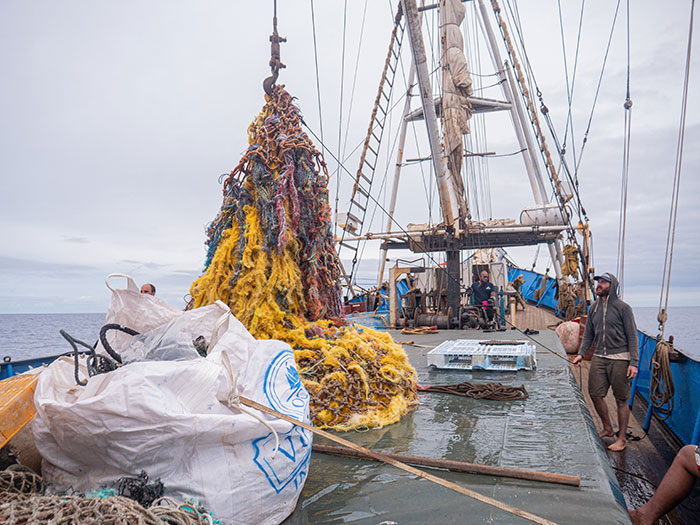
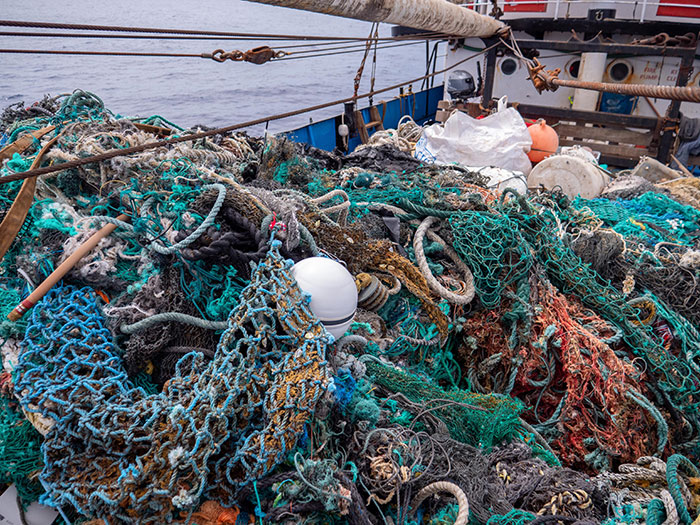
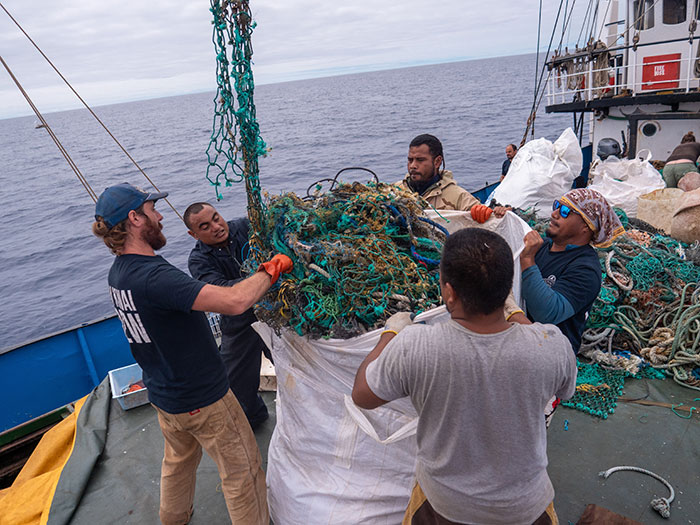
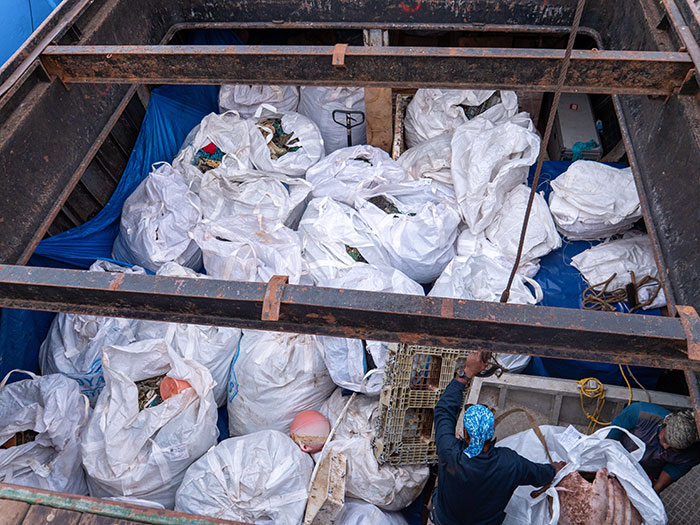
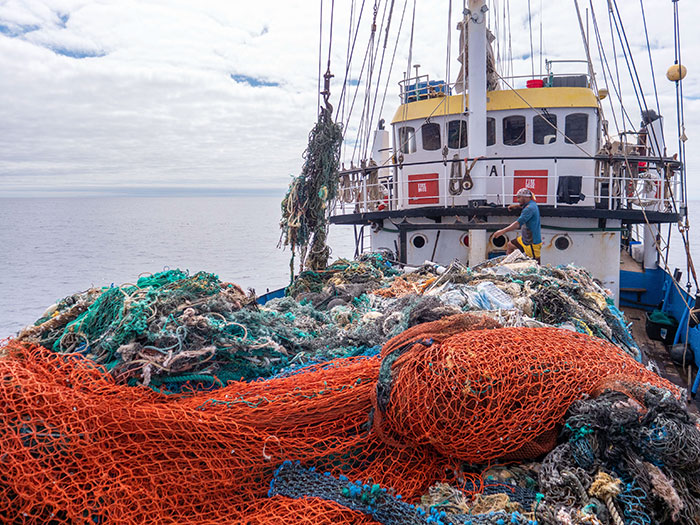
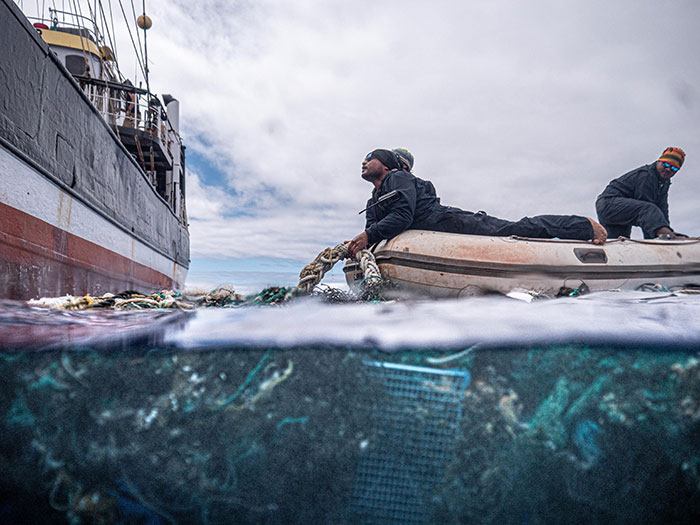
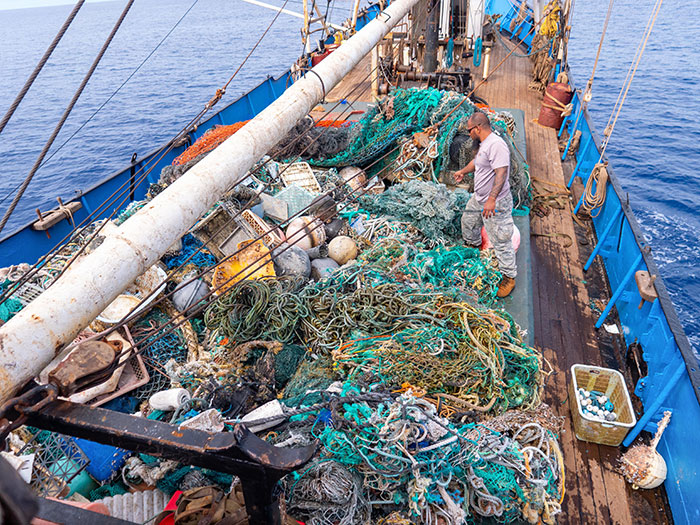
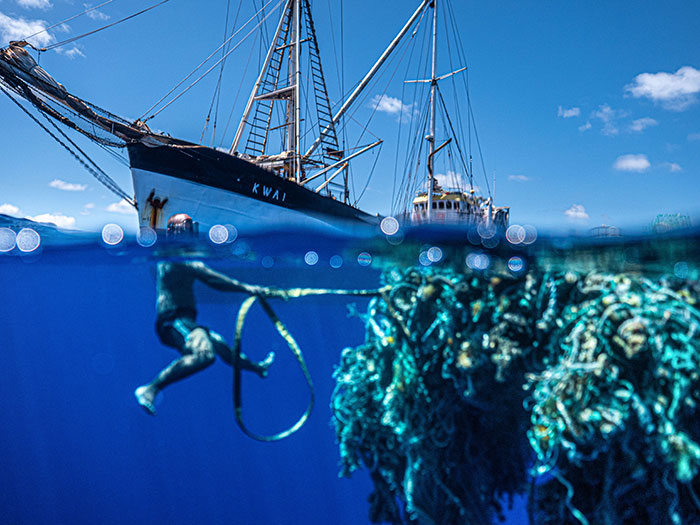











































377
25